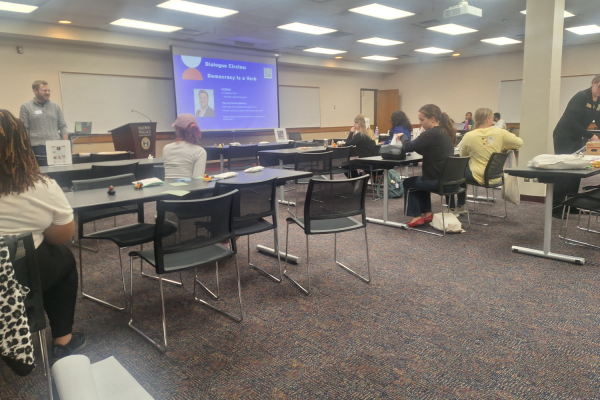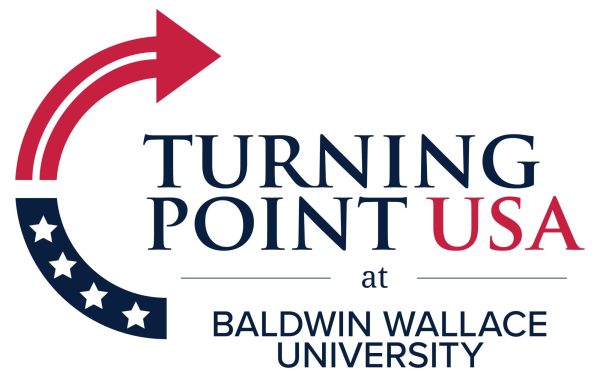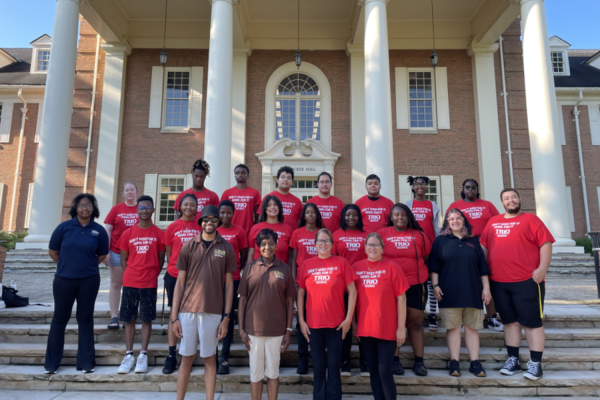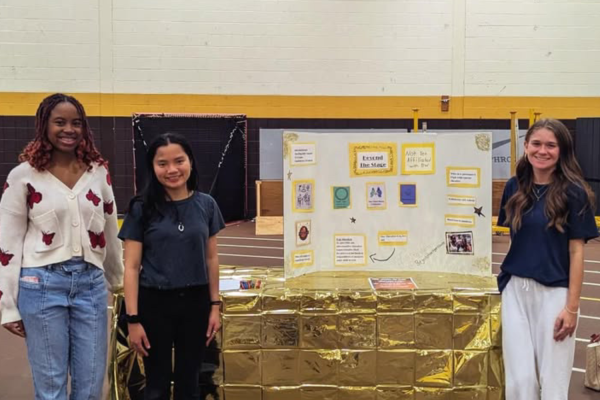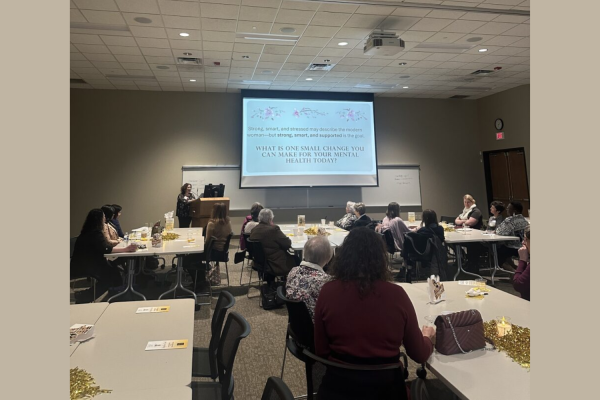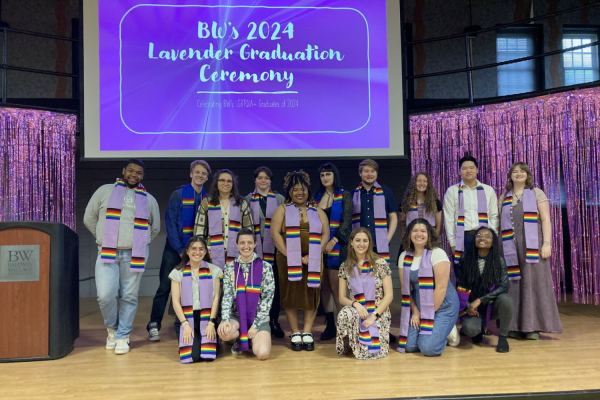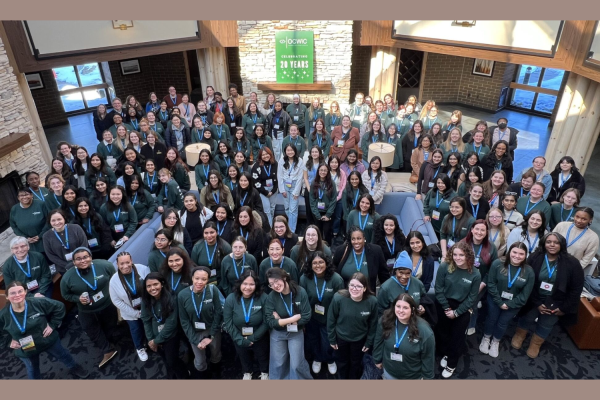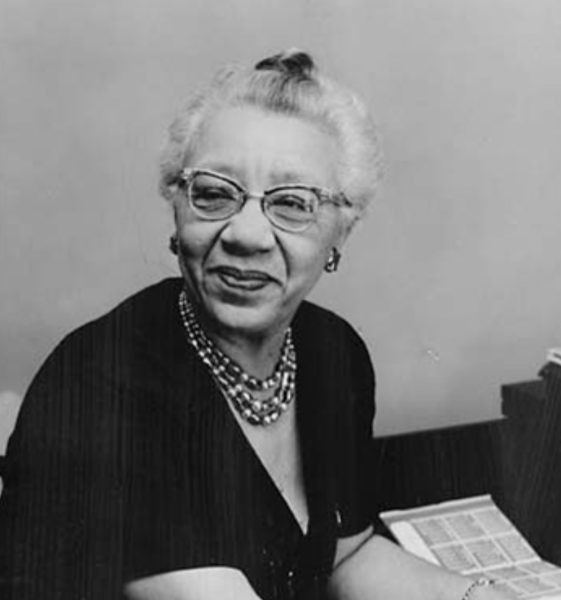As ChatGPT enters the classroom, professors assess dangers, opportunities
ChatGPT and other artificial intelligence tools are creating new challenges – and benefits – inside the classroom.
On Nov. 30, 2022, ChatGPT, the newest artificial intelligence technology that specializes in creating human-like conversations, was launched, sparking interest in students and faculty at Baldwin Wallace University.
ChatGPT has been reportedly used to write papers, code, solve math problems, conduct research, and more for students since its release.
Brian Krupp, associate professor in computer science, said that while students are using the tool, faculty should focus on creating questions that ChatGPT cannot answer with accuracy.
“I think as educators, we can’t just put a block and say you [students] can’t use this. I think there’s always going to be a way to figure out how to bypass the system,” Krupp said. “So, what we [faculty] need to do is to think about what types of questions we can ask and what type of ways we can assess our students where GPT wouldn’t be able to supply an answer.”
Students’ use of internet technologies and software is not new to the educational setting. GPT-3, a less advanced version of ChatGPT, launched in 2020. In the Fall 2022 semester, a course on A.I. ethics was taught, allowing students to learn and experiment with the new technology.
A.I. technology, like ChatGPT, uses the internet to combine, sort, and then produce results that match most of the content that already exists. Krupp said that the A.I. takes an average of the information out there. If it is bad information, the information provided by the A.I. will also provide similar results.
“The answers are only as good as the information its fed,” Krupp said. “So, if it’s bad information, it’s not accurate and it will produce inaccurate results.” Krupp said.
Krupp said his main concern with A.I. is about how it is replacing the creativity of humans.
“Some people are comparing this to a calculator, or things that might have been able to solve a problem,” Krupp said. “But if you ask it, how do you solve it or what are the steps to break down this problem, that’s where I think it starts replacing that creative human process. I think that’s where it’s different.”
Les Hunter, chair of the department of English and creative writing, also said he has concerns about the A.I., as some students have reportedly been plagiarizing papers via ChatGPT. However, Hunter also said that using A.I. within the classroom has its benefits and should not be overlooked.
“I think as educators, we also have to look at ways that ChatGPT and other A.I. technologies can be used to our advantage to help students innovate, create and think critically,” Hunter said. “I think, for example, the tool might be useful in brainstorming possible ideas for a presentation or group project. Or it could be used to generate contrary ideas to an opinion you are forming, allowing you to interrogate your own thoughts better.
“We have wonderful, creative students and professors here who I think will be able to utilize the advantages of this new technology while at the same time maybe mitigating some of the deleterious effects.”
The Exponent is looking for financial contributions to support our staff and our newsroom in producing high-quality, well-reported and accurate journalism. Thank you for taking the time to consider supporting our student journalists.





























